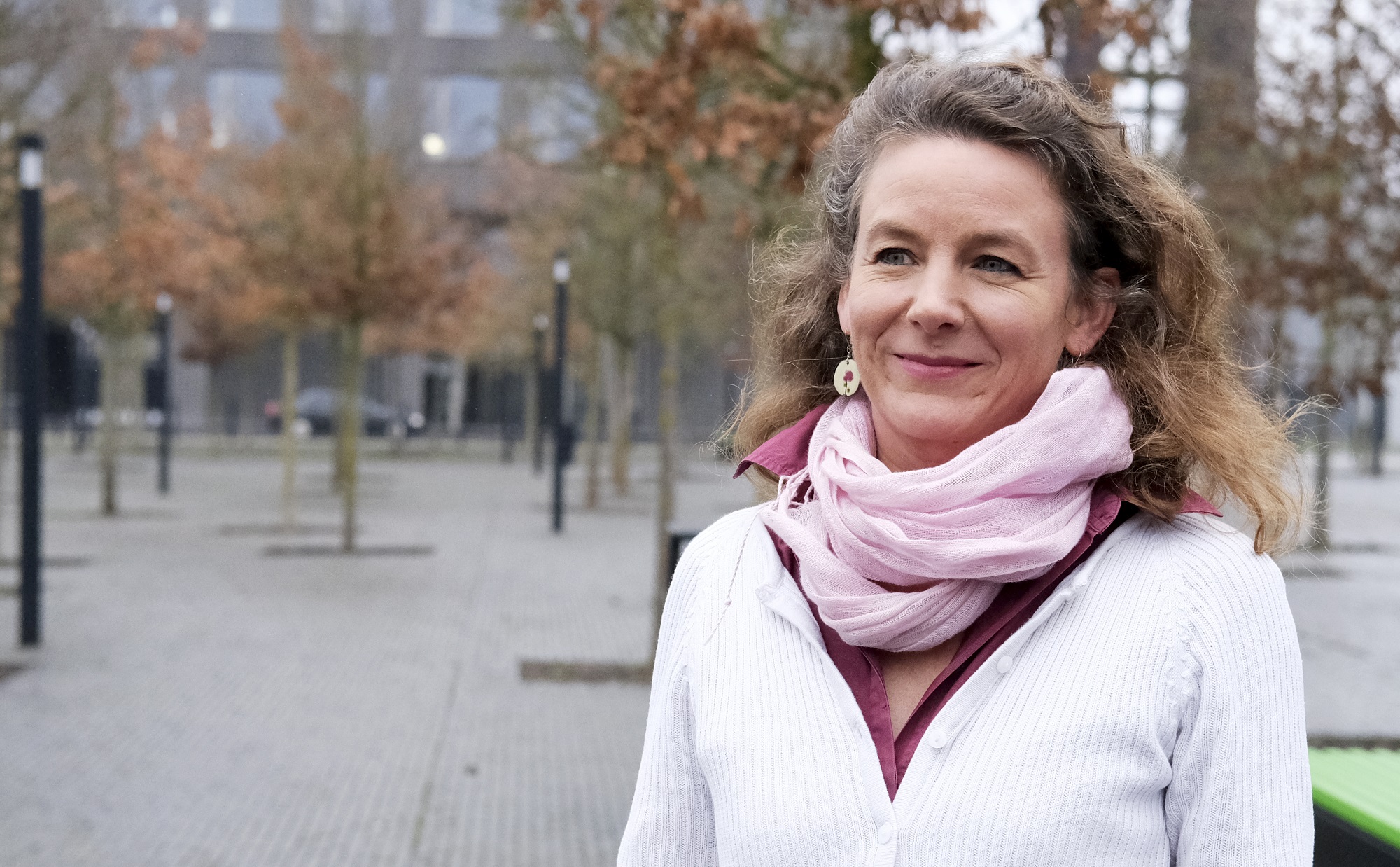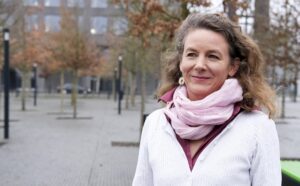For Professor Marie Friedel, nursing is not just a profession; it’s a discipline built on science, humanity and creativity, and a relentless drive to improve patients’ and nurses’ quality of life. As a full Professor of Nursing Sciences at the University of Luxembourg, she plays a leading role in strengthening the academic foundations of nursing and developing research that includes the perspectives of those often least heard — children living with serious illness.
Friedel’s move into academia was shaped by experience rather than ambition. After more than 20 years as a lecturer in Brussels and as a practitioner in a mobile pediatric palliative care team, a 2014 international conference on pediatric palliative care in India became a turning point. There she learned that Belgium had legalised euthanasia for children of any age. The news left her deeply unsettled because it did not reflect what she had witnessed in practice.
The primary reason for her reaction was the massive disconnect between this new law and her extensive clinical experience. In all her years working in pediatric palliative care, caring for children with life-limiting conditions, she and her team had never once received a request for euthanasia from a child. The legislation seemed to be addressing a problem that, from her professional standpoint, did not exist.
Giving voice to children in palliative care
She decided to focus on what she saw as the real issue: how to support the quality of life of children living with severe illness.
This decision led to a PhD in Public Health at UCLouvain, where she explored children’s quality of life within family-centred care. What began as moral distress became an academic project aimed at understanding and documenting evidence based on how children and families experience illness — and how care systems can respond more effectively.
Her doctoral work laid the foundation for the “Mosaic” study (Move to Open Shared Advanced Interventions for Kids with Life-limiting Conditions), which explored how children, parents, and professionals define and perceive quality of life. The study involved interviews with 73 children and adolescents and found a consistent difference between adult and child perspectives: children often described their quality of life more positively than parents or clinicians expected.
‟ When you ask children directly, they are often very open about what makes life meaningful to them.”

Full professor of Nursing Sciences
The research showed that relationships with family, friends, and peers were central to children’s sense of well-being — more so than physical condition or medical limitations. These insights are now helping guide care planning and national policy discussions in Luxembourg.
In 2025, doctoral candidate Micha Massaad et al., supervised by Prof. Friedel as co-author, published the first national study on pediatric palliative care in Luxembourg in BMC Palliative Care. The study found that existing services meet only the most basic needs and identified several priorities: expanding professional training, improving coordination, and developing respite services for families. This insight now informs national strategic plans and aims to help healthcare professionals systematically integrate the child’s own perspective into their care pathway.
Caring for carers
Professor Friedel’s integrated vision of holistic care — addressing physical, emotional, social and spiritual needs, rather than focusing only on the illness — drives her research forward into interconnected domains. A project called “Spirit4 Care,” funded by Erasmus Plus, is developing a “train-the-trainer” course in spiritual care for nurses across Belgium, Portugal, Poland, and Luxembourg. The project defines spiritual care as understanding “what matters to a person” and how they find meaning in their experiences. This initiative is a direct continuation of her research into children’s quality of life, where meaning-making and relationships proved paramount.
Another key focus is the well-being of nurses themselves. With the “WALUX-Santé” project (INTERREG), she aims to improve the attraction and retention of nurses by providing seminars on self-care and compassion and by expanding a mentorship program that pairs nursing students with professional nurses. This is critically important, as studies have shown that improving a nursing student’s self-esteem has a huge impact on their academic success and prevents dropout. Through this work, Prof. Friedel also investigates the phenomenon of post-traumatic or existential growth, seeking to understand the mechanisms of growth experienced by nurses working in pediatric palliative care.
Building the future of nursing in Luxembourg
When Professor Friedel joined the University of Luxembourg in November 2022, the administration tasked her with building the new nursing sciences programmes from scratch. With no team, no students, and no existing curriculum, she and her colleagues launched five new bachelor’s programmes in just two years.
Looking ahead, Professor Friedel envisions a future where nursing is fully recognised as an autonomous discipline with clear academic pathways from bachelor’s to PhD level. She believes this academicisation is essential for attracting new students and empowering nurses to take on leadership and advocacy roles.
‟ We need to prepare nurses for leadership and advocacy so they can take an active role in shaping the future of healthcare.”

Full professor of Nursing Sciences
From her early clinical practice in pediatric palliative care to her current role building nursing education and research capacity, Professor Marie Friedel’s career reflects a steady commitment to evidence-based, person-centred care. Her work continues to bridge clinical practice and academic research, with the aim of ensuring that nursing in Luxembourg develops both as a scientific discipline and as a profession grounded in compassion and evidence.
